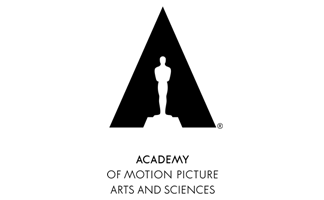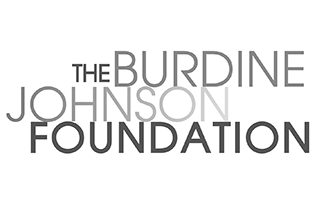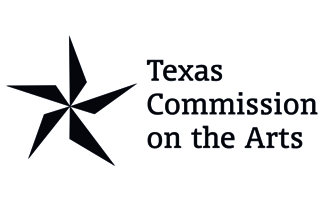Bill Gunn’s ‘Holy Grail of Film’ PERSONAL PROBLEMS Presented in 2 Parts
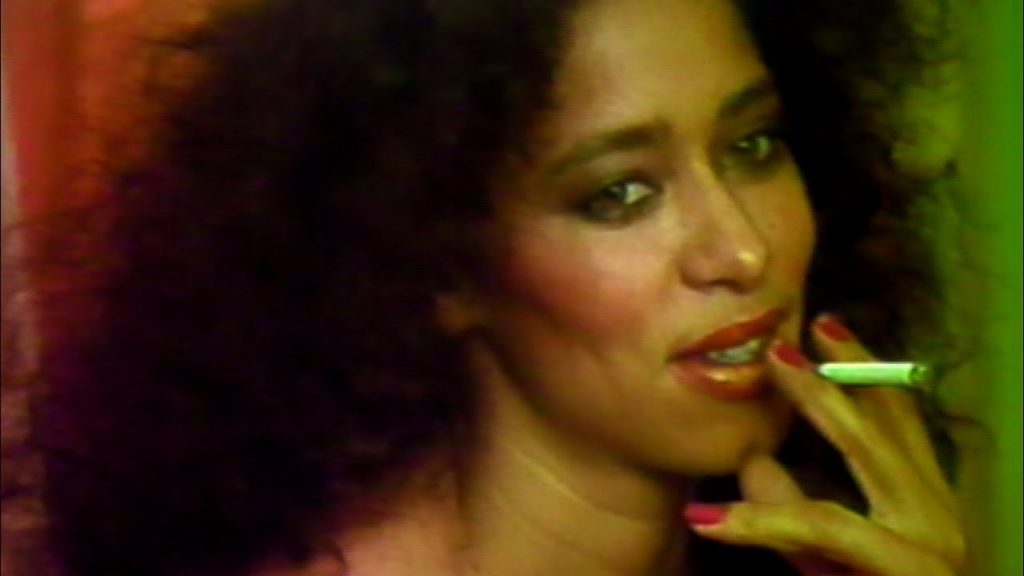
A lost treasure of Bill Gunn’s work, PERSONAL PROBLEMS is a TV movie that never aired. Shot on the defunct ¾ inch U-Matic videotape, Kino unearthed and restored this film in all its hazy digital glory. Despite the drawbacks and imperfections of the format, the sentiment of the film is emotionally stunning. Each aspect of this collaboration, from the writing, acting, and directing to the music and cinematography combines to create a landmark humanist film.
A film without any traditional narrative, PERSONAL PROBLEMS opens with fragmented conversations as complete scenes. Without feeding us backstory, Gunn drops us into the lives of his ensemble cast as they exist at this moment.
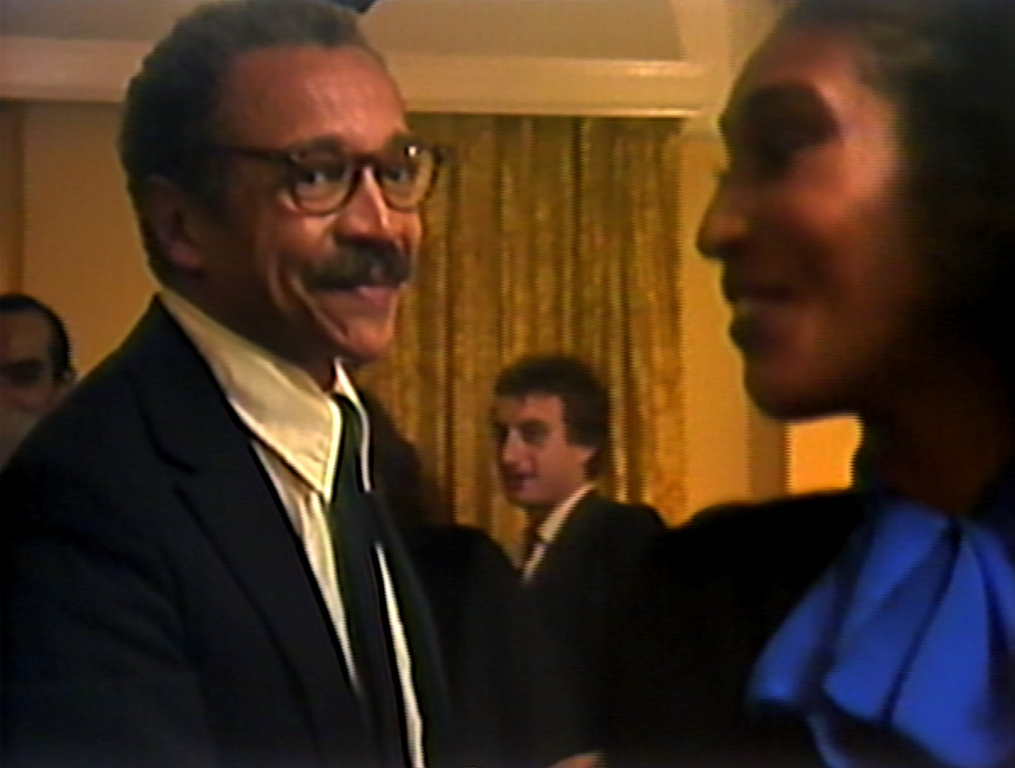
Ishmael Reed, an accomplished novelist, writes dialogue that expresses each character’s relationship to each other with every sentence. Reed’s writing provides no outright exposition. Instead, he allows our understanding of each situation to grow as we listen to people speak to each other. Reed’s style avoids plot to provide us with a new way of understanding the emotional flow of conversation when love, pain, pleasure, and loss become indistinguishable.
Gunn’s directorial skill is clear in his ability to create scenes that seem impossible to script. The actors speak over each other, laugh unexpectedly at inside jokes, and bring up memories we have no way of understanding. By getting rid of the formalities of screenwriting and focusing on speech instead of story-building, Gunn is able create an immediate emotional impact. John Cassavetes’ work has a similar effect, and reviewers are rapidly drawing parallels between Cassavetes and Gunn with the release of this restoration.
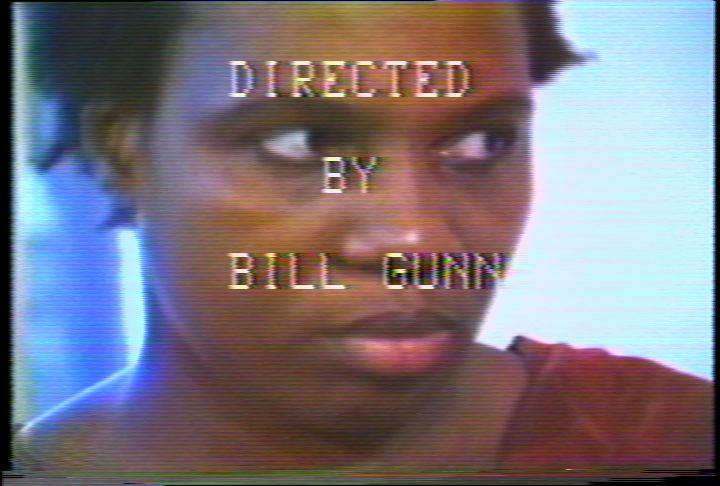
The format of the movie, U-matic videotape, was used mostly for daytime television and news broadcasts and was significantly cheaper to develop. In a time where African-Americans were severely underrepresented and underpaid (Gunn was blacklisted from Hollywood for demanding equal pay as his white counterparts), the format allowed Gunn to experiment with more takes and longer scenes on his small budget.The most complex and emotionally charged scenes in PERSONAL PROBLEMS are more than a few minutes long and would be too expensive to film on 35mm.
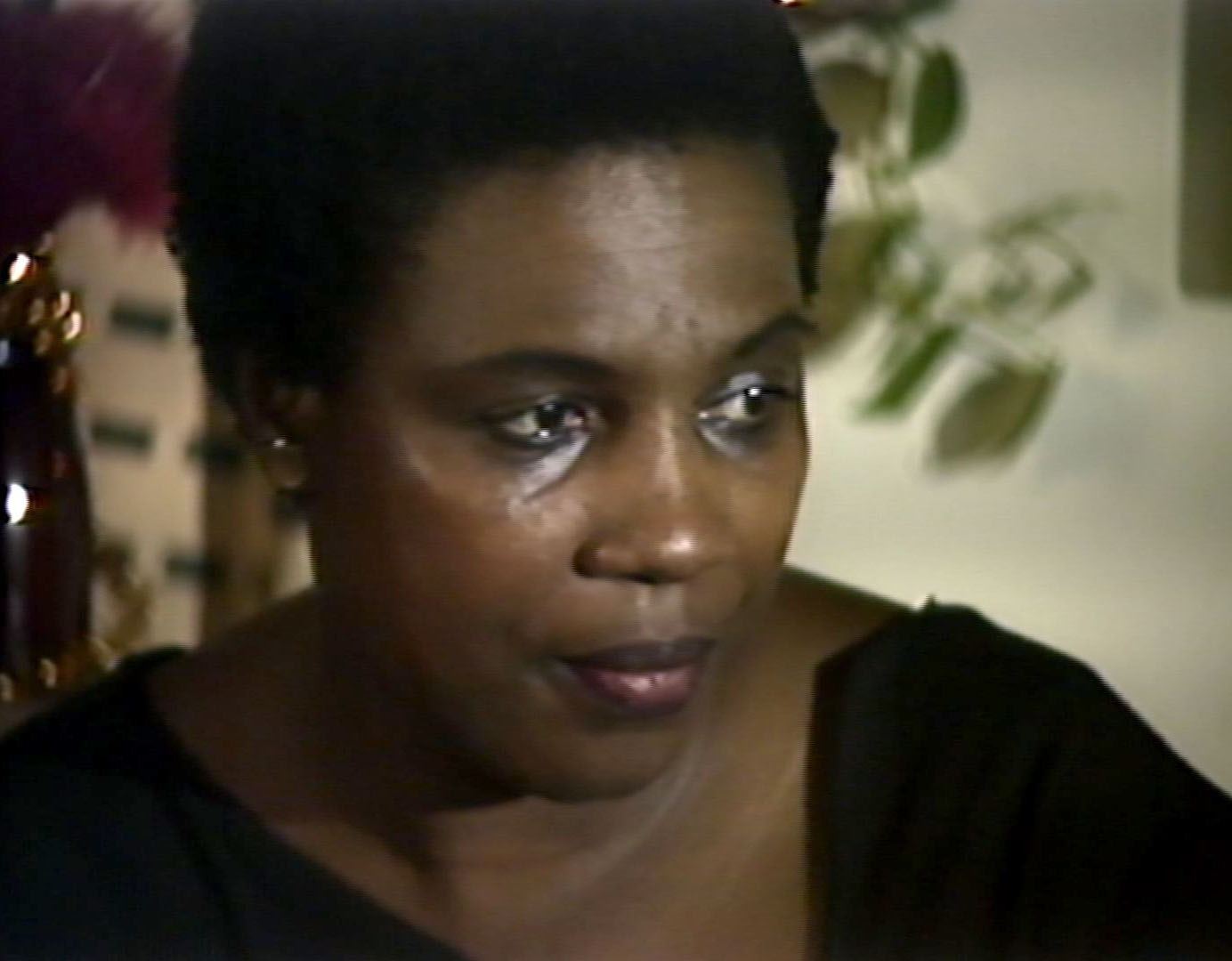
Cinematographer Robert Polidori, now a renowned photographer, captures the small changes of facial expression that happen during the course of a single exchange. Polidori embraces the unique sort of blurry glow of the 3/4 inch format to capture shimmering lakes, dim hospital hallways, and tears that fall on dark skin. The aesthetic of PERSONAL PROBLEMS is a result of Gunn’s invention of a new way of seeing and feeling while being constrained by others for the color of his skin and his lack of funding.
This film went unseen for years. This restoration provides a deep look into Bill Gunn’s legacy and the abundance of talent in this collaboration. PERSONAL PROBLEMS is presented in two parts starting this weekend on July 15th & 22nd.
- This piece contributed by Shane Pfender

